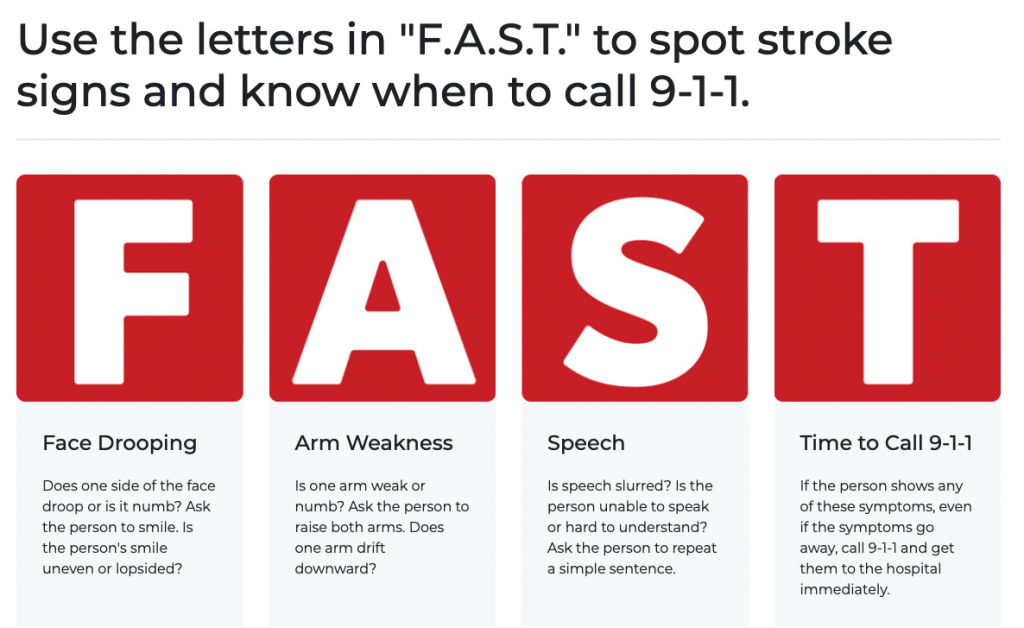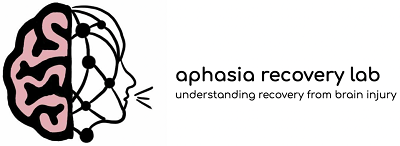Welcome!
Welcome to the Aphasia Recovery Lab website at UC Berkeley. We are a group of scientists and clinicians who spend our days working with people who have “aphasia” and who have lost their use of language after a stroke or other brain injury. We want to understand how their language has changed since their injury, and how it is getting better. One of our current projects is focused on the first year after a stroke while language skills are recovering and the brain is adapting and reorganizing. By combining a number of novel neuroimaging techniques and behavioral measures, we are investigating the contributions of different brain structures to the recovery of language production deficits, while examining specific neural changes during the first year post-stroke.
We hope you will find this website useful in finding out more information about aphasia and about our ongoing studies. Please feel free to reach out if you have any questions!
What is aphasia?
“Aphasia” is the loss of language skills due to a brain injury. Most individuals with aphasia have difficulty producing words and sentences, which affects their ability to communicate naturally. Some may also have difficulty understanding language and have difficulty conversing.
Quick Aphasia Facts
- There are at least 2,000,000 people in the USA with aphasia.
- More people have aphasia than have many other common conditions, including cerebral palsy, multiple sclerosis, Parkinson’s disease, or muscular dystrophy.
- About 750,000 strokes occur each year in the USA.
- About 1 third (225,000) of strokes result in aphasia.
Source: National Aphasia Association
Is there help available for people with aphasia?
Yes! Most people with aphasia experience the most severe symptoms immediately post-stroke. However, with speech therapy, one can strengthen speech and language capabilities. Research has shown that the brain continues to recover these abilities for the rest of one’s life after a stroke.
Here are some resources for people living with aphasia: click here
Aphasia Recovery Lab Newsletters:
- ARL_Newsletter Volume 1, May 2020
- ARL_Newsletter Volume 2, August 2020
- ARL_Newsletter_Volume 3, August 2021
- ARL Newsletter Volume 4, March 2023

Contact us
510-846-8905
dronkers@berkeley.edu
ivanova@berkeley.edu
